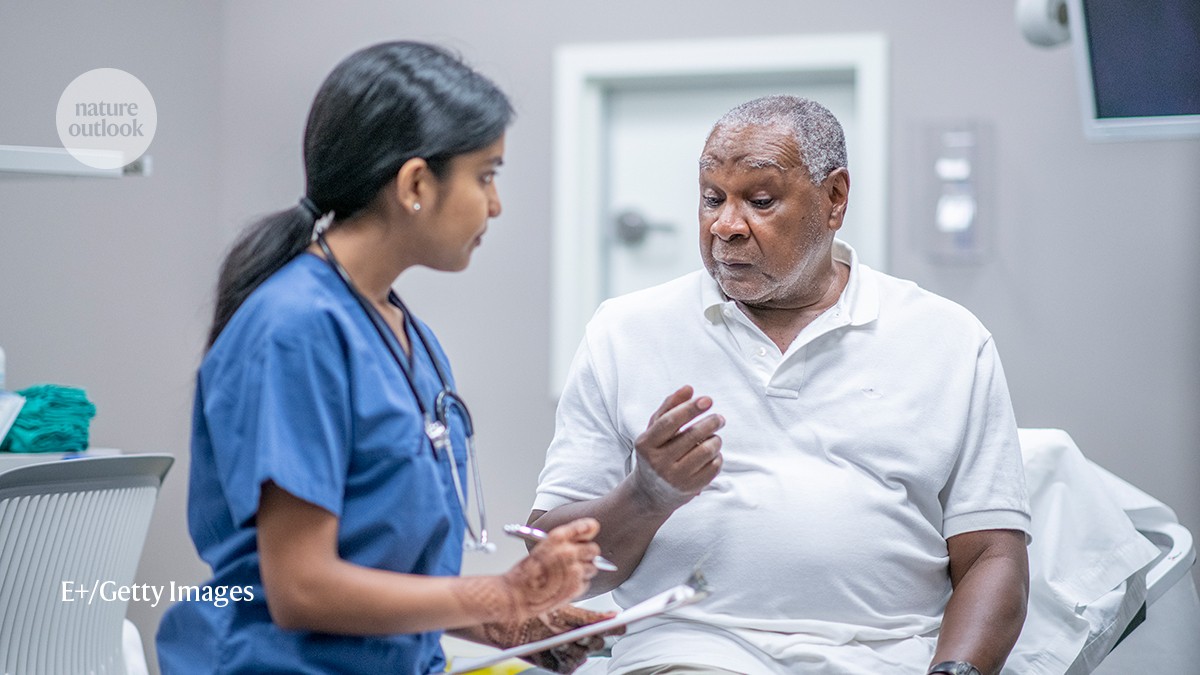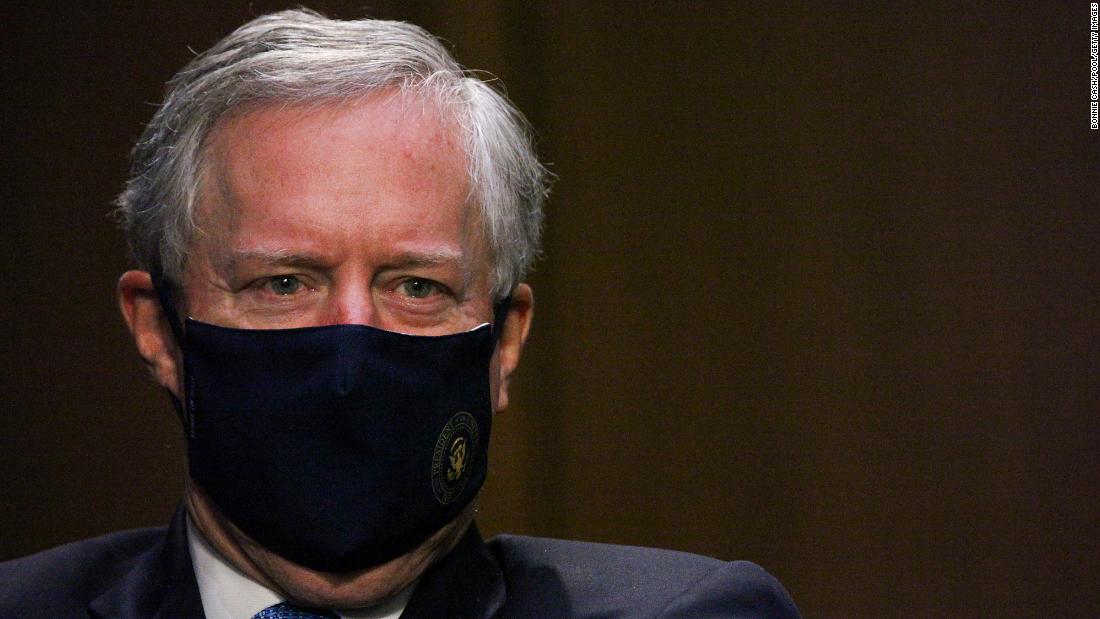However, Meadows has made clear he has no intention of cooperating with the committee until the courts rule he must do so.
White House Deputy Counsel Jonathan Su wrote to Meadows’ attorney, George Terwilliger, informing him of the decision and once again citing “the unique and extraordinary circumstances where Congress is investigating an effort to obstruct the lawful transfer of power under our Constitution.”
“Contrary to decades of consistent bipartisan opinions from the Justice Department that senior aides cannot be compelled by Congress to give testimony, this is the first President to make no effort whatsoever to protect presidential communications from being the subject of compelled testimony. Mr. Meadows remains under the instructions of former President Trump to respect longstanding principles of executive privilege. It now appears the courts will have to resolve this conflict,” Terwilliger told CNN in a statement.
Later Thursday, a White House official pushed back forcefully against Terwilliger’s claims, telling CNN he is “wrong on both the facts and the law.”
“Mark Meadows hardly has claim to complain about norms and traditions — Meadows participated in an effort to subvert the Constitution and overturn a presidential election, including by pressuring state elections officials to alter election results and by personally attempting to coerce the Department of Justice into investigating absurd conspiracy theories,” the official said.
But weeks after the committee granted Meadows a “short” but indefinite postponement of the initial subpoena deadline, members are growing increasingly frustrated and have been contemplating when and how to ramp up the pressure.
This story has been updated with additional developments Thursday.




More News
Emerging Portrait of Judge in Trump Documents Case: Prepared, Prickly and Slow
The Alitos, the Neighborhood Clash and the Upside-Down Flag
126 Degrees: New Delhi Sweats Through Its Hottest Recorded Day